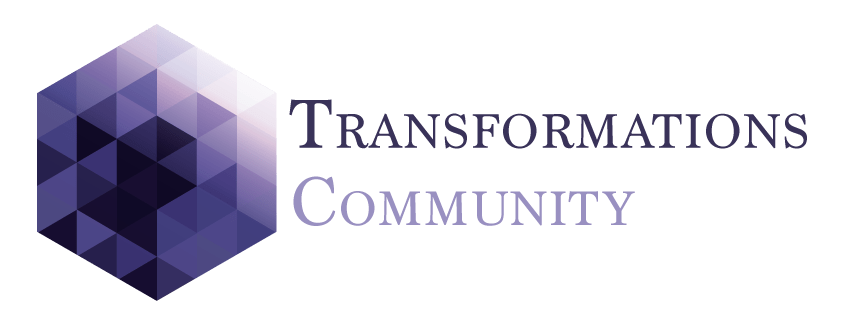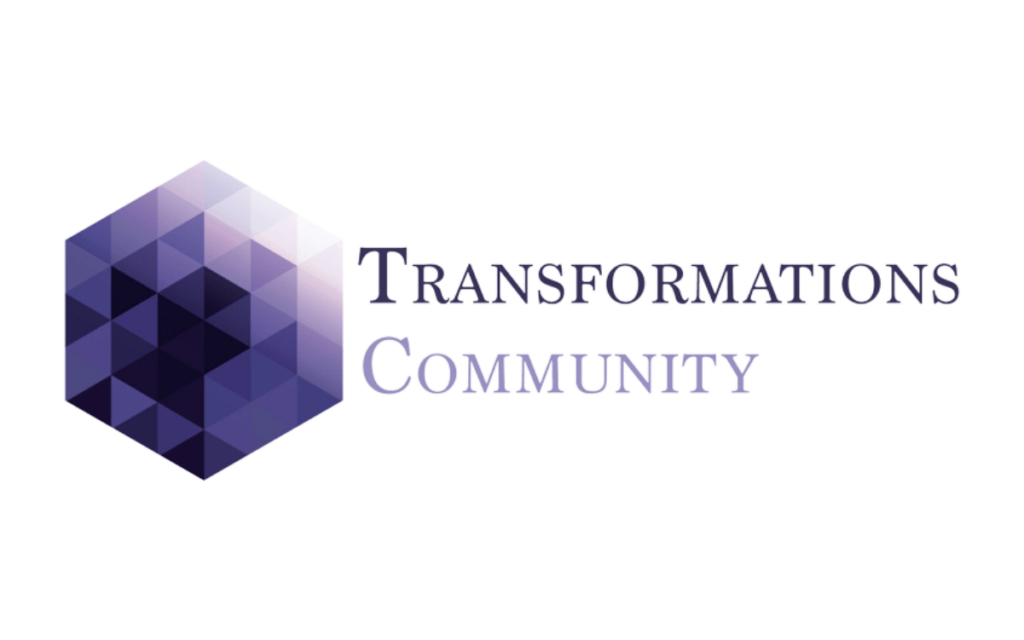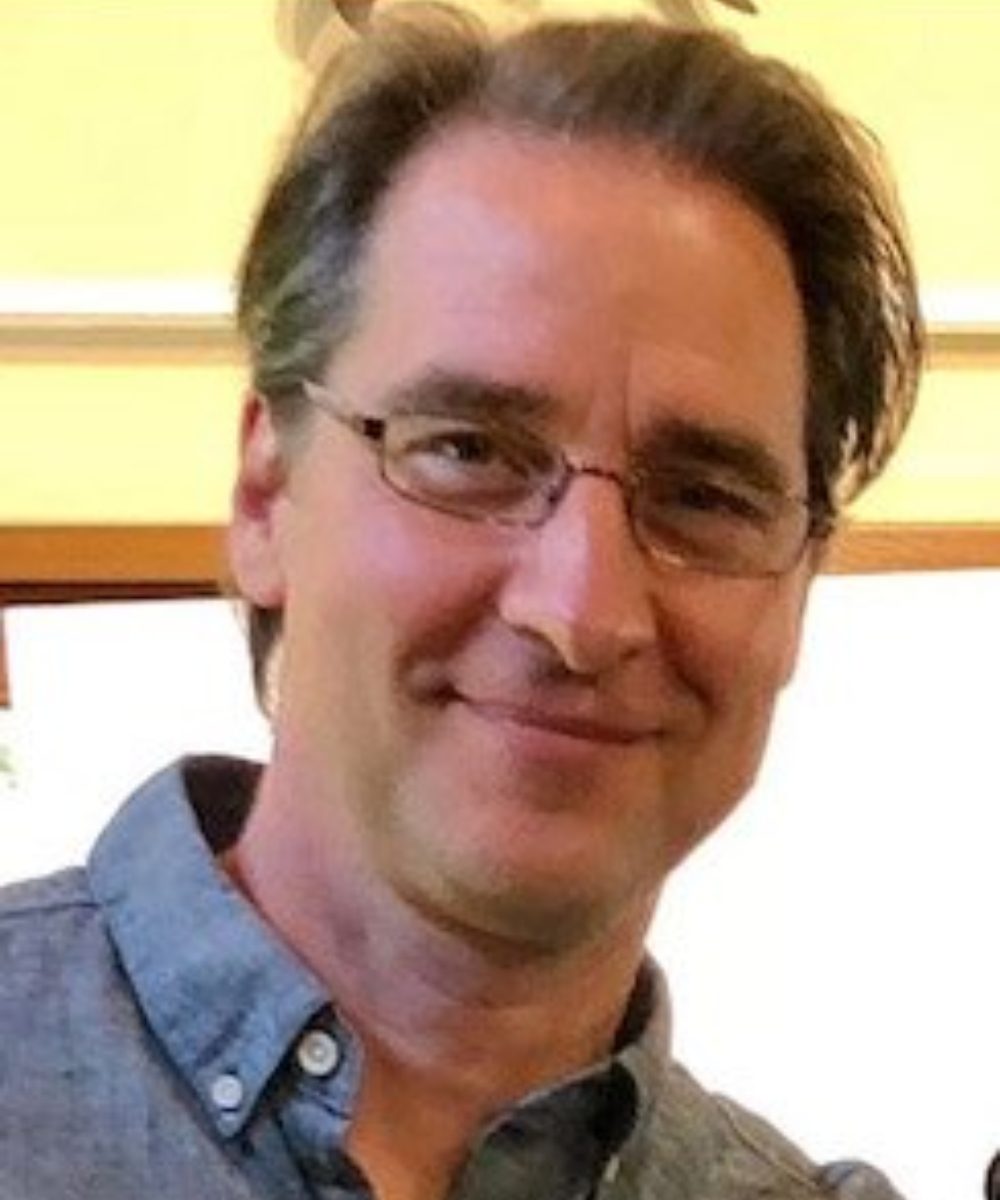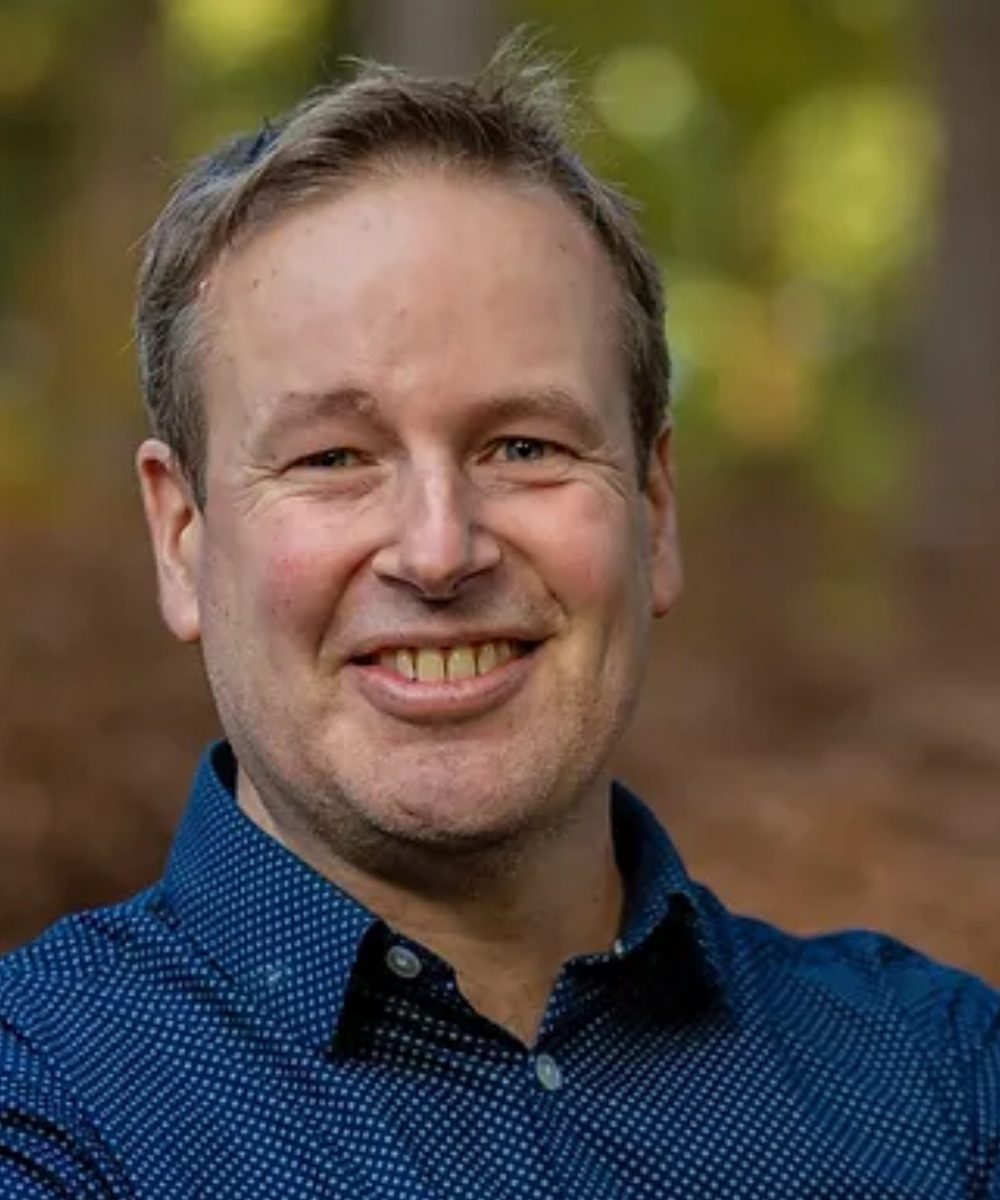TCX-York Conference
Holding Space for What's Emerging
What does it mean to organize for transformations — not only in our projects, but in how we show up with each other? That guiding question shaped TCX York, a Transformations Community gathering held in June at the University of York in the UK. Designed as a highly participatory, immersive event, TCX brought together researchers, practitioners, and artists to explore themes of transformative governance, inner change, and learning through experimentation.
Rather than polished findings, participants shared tensions, insights, and unfinished ideas through practice sessions, dialogues, creative expression, and five case studies on food systems change. It was a space for reflection, for relationships, and for staying with what is still emerging.
The spirit of York carried forward into TC/ESG25 in Johannesburg, where those same commitments — to experimentation, plurality, and shared presence — helped shape our global gathering. Insights from TCX York are also feeding directly into the future of the Transformations Community Agora, an evolving commons designed to connect and support transformative projects.
TCX-York Highlight Video
Take a moment to revisit York through this short film. It captures the atmosphere of the gathering, the reflections, creative practices, and conversations that unfolded, while offering a sense of how participants explored transformative governance, inner change, and food systems in ways that are still resonating.
The event brought participants together to:
Engage in dialogue around leading research and practice in the field of transformations.
Take part in experiential workshops that introduced tools and methods for supporting transformational change.
Explore how to organise for change at scale through a collective case study on food systems in Yorkshire, drawing on insights from the transdisciplinary FixOurFood research program.
Consolidate key concepts and ideas on how to organise for and sustain systems change across different scales.
#TCXYork- What Attendees Say
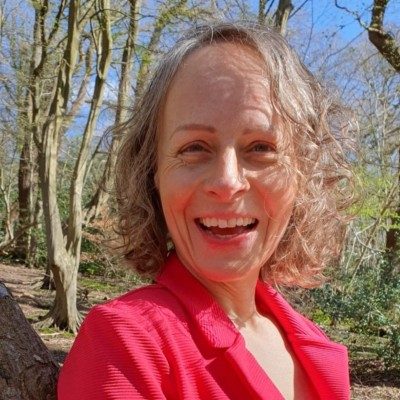
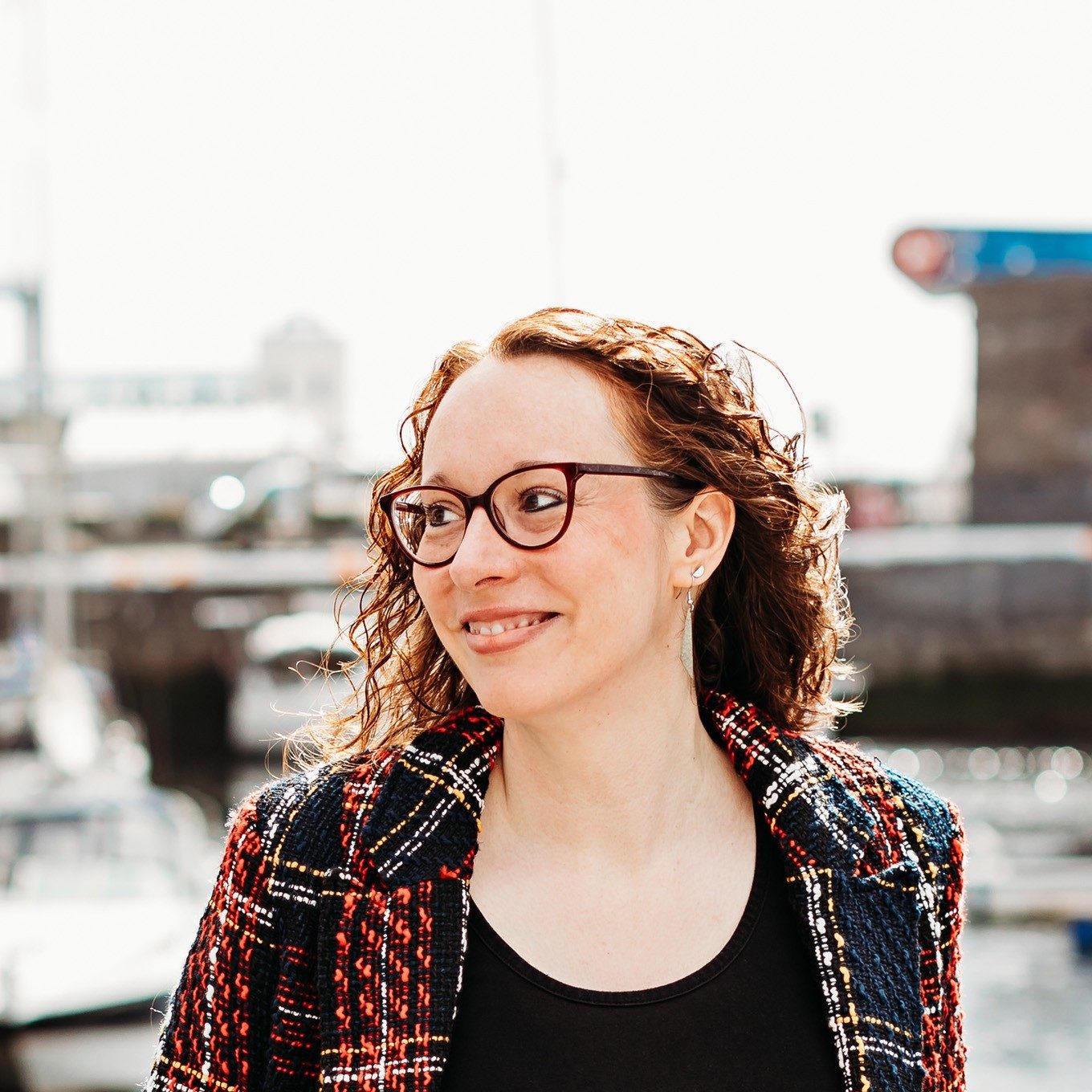
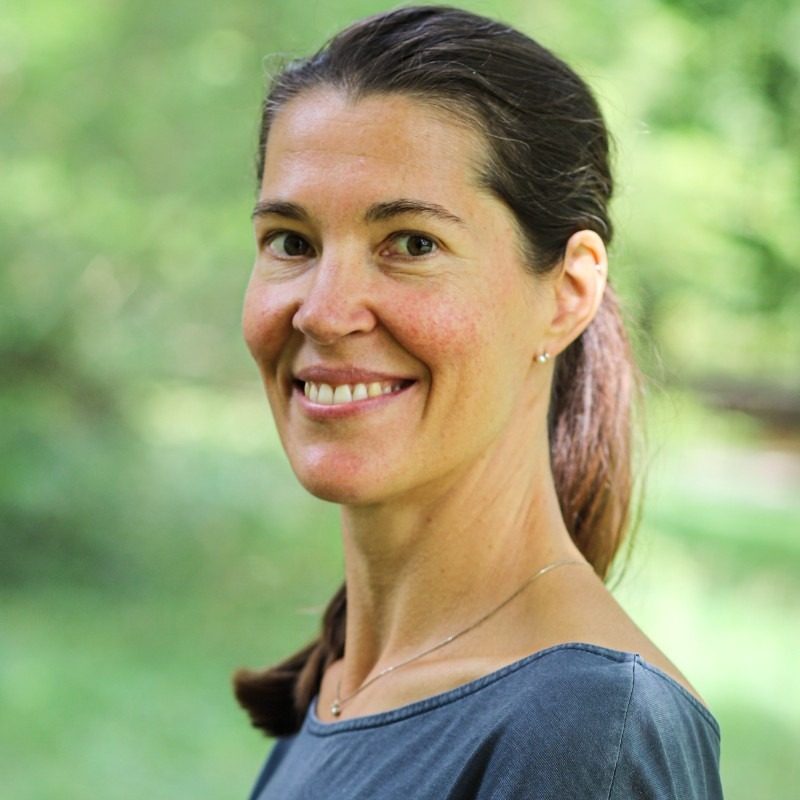
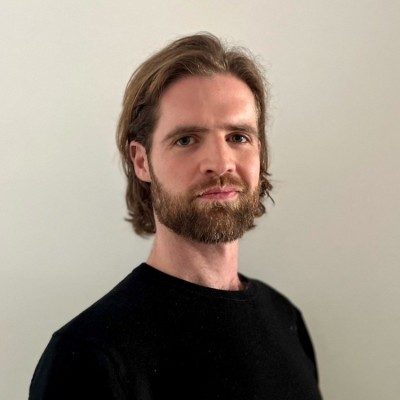
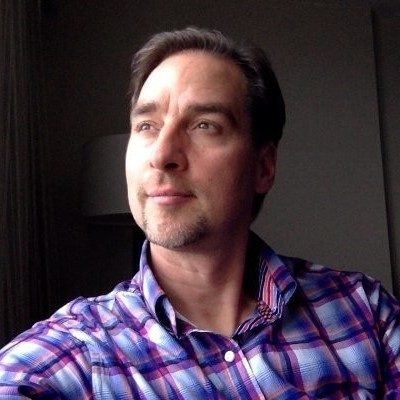
Reflections & Insights
Since its beginnings in 2013, the Transformations Conference has developed into a growing international community that is focussed on the question of how deep, systemic change can help address today’s interwoven social and ecological crises. Taking place every two years, the 2025 edition unfolded in two parts: the first under the title…
Valerie Voggenreiter, RIFS
TCX: A Platform for Experimental Engagement
TCX is an experimental space within the Transformations Community, designed for action-driven participatory research and dynamic collaboration. The first official TCX was held in York in June 2025, bringing together researchers, practitioners, and artists in an immersive format.
Each TCX is tailored to specific themes and regions, through specialised conference tracks, workshops, and online events. If you are interested in hosting a future TCX, click below to learn more.
Themes
Inner Transformation for Outer Change and Leadership
Transformative Governance for a Sustainable Just and Equitable Future
Transformation-focused evaluation and learning
Catalysts, co-convenors, and organisers
CATALYSTS
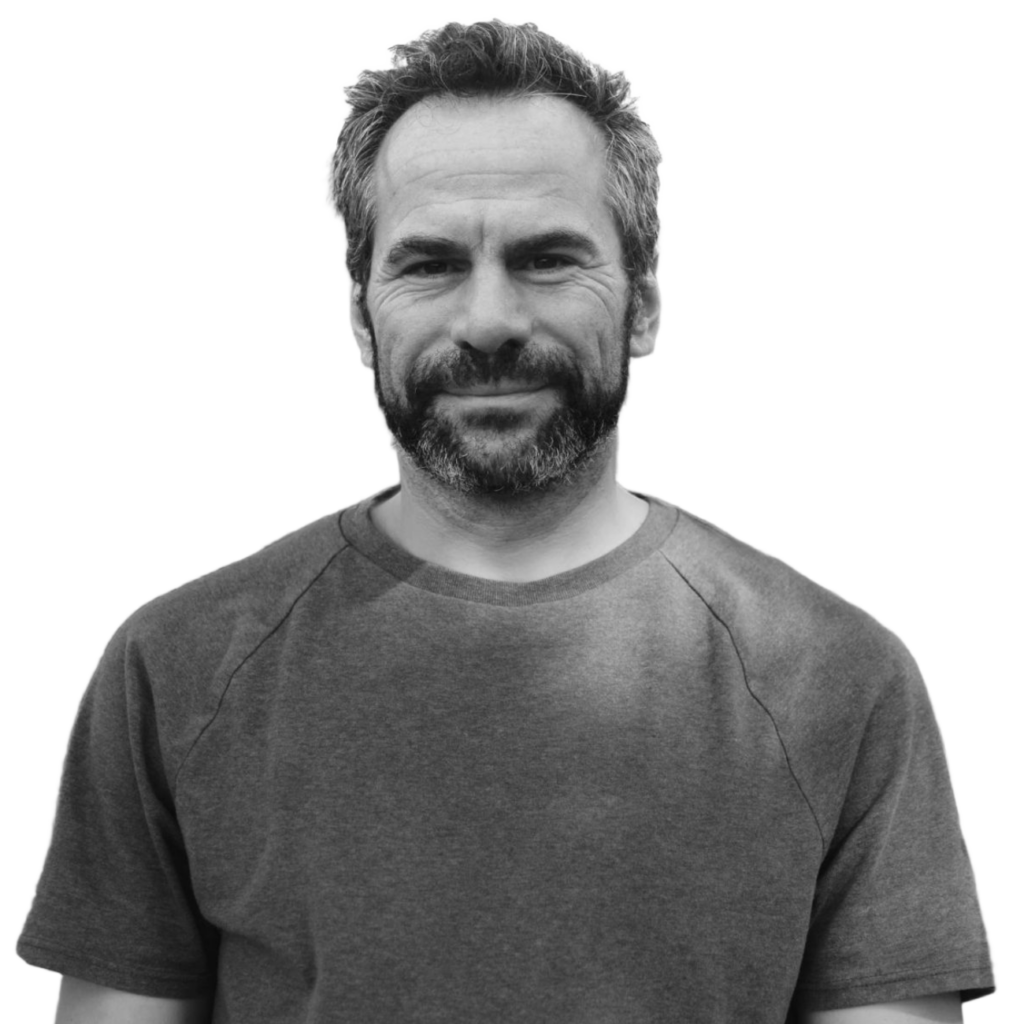
Mick Cooper
Professor of Psychology at the University of Roehampton
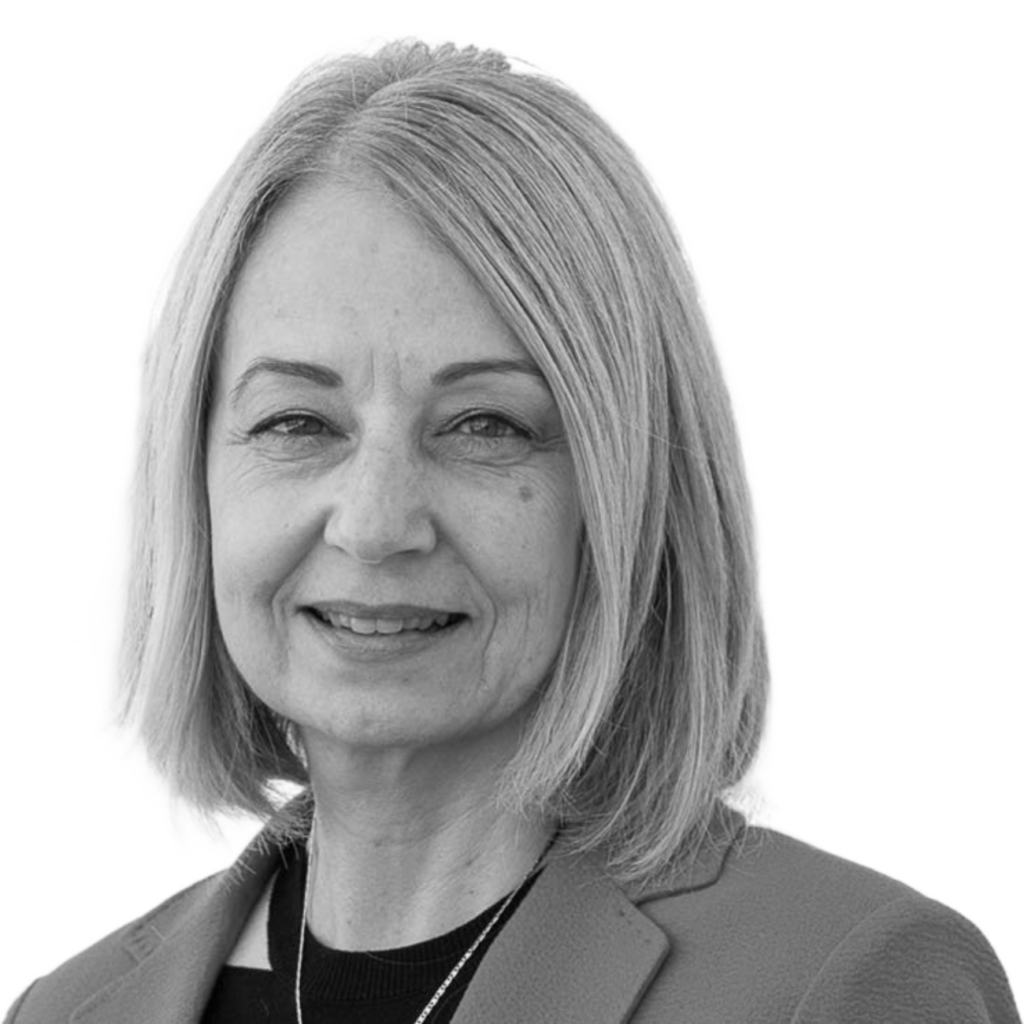
Zenda Ofir
International Evaluation Specialist, BRICS New Development Bank
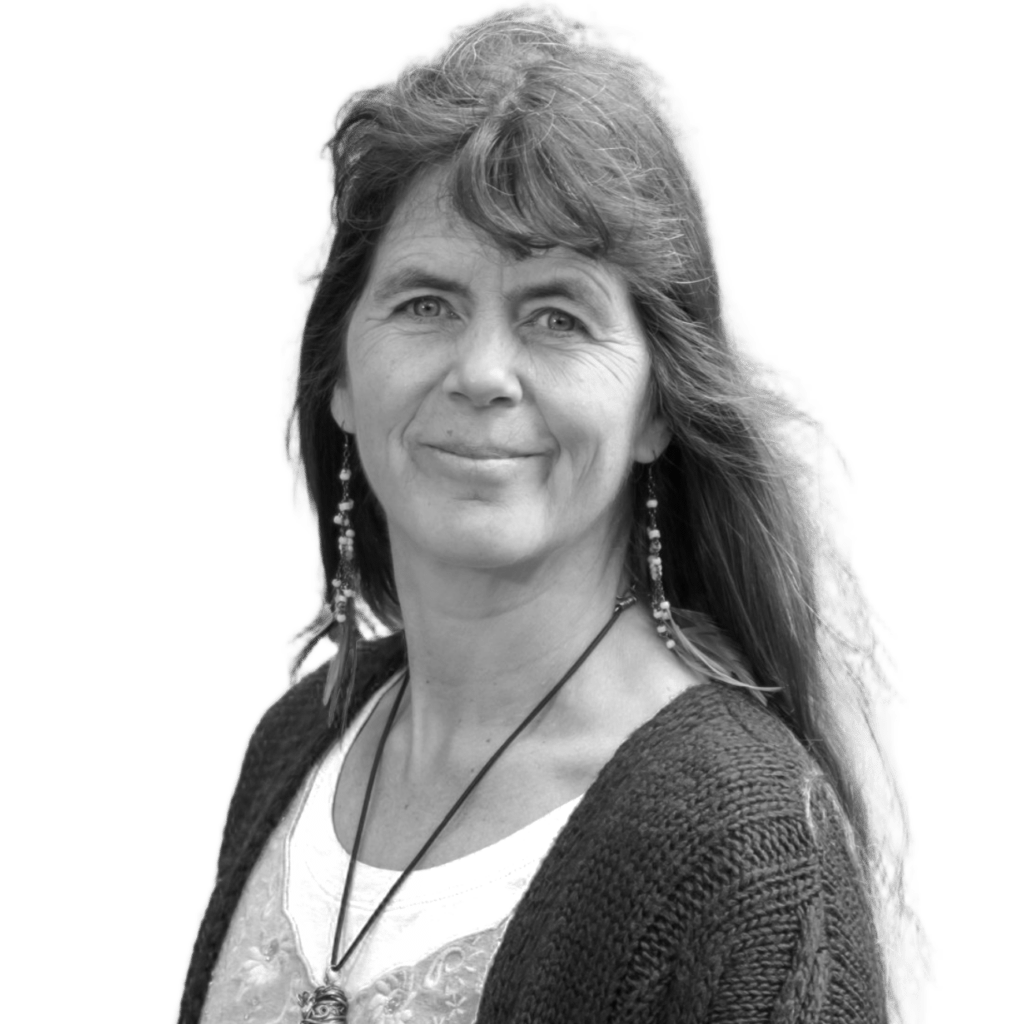
Twobirds Cunningham
Shamanic Elder,
Leader and Trainer
CO-CONVENORS

Rebecca Newman
Environmental Science Researcher
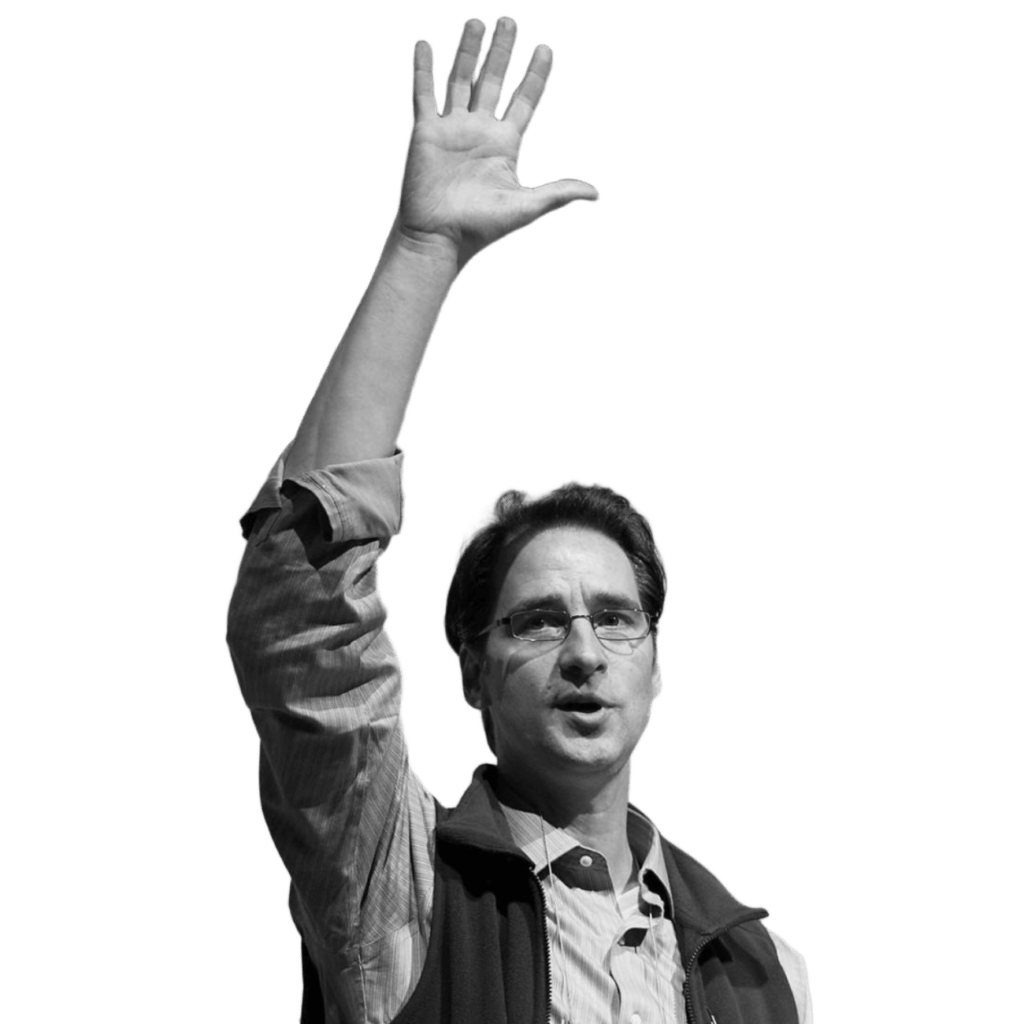
Curtis Ogden
Senior Associate at the Interaction Institute for Social Change
